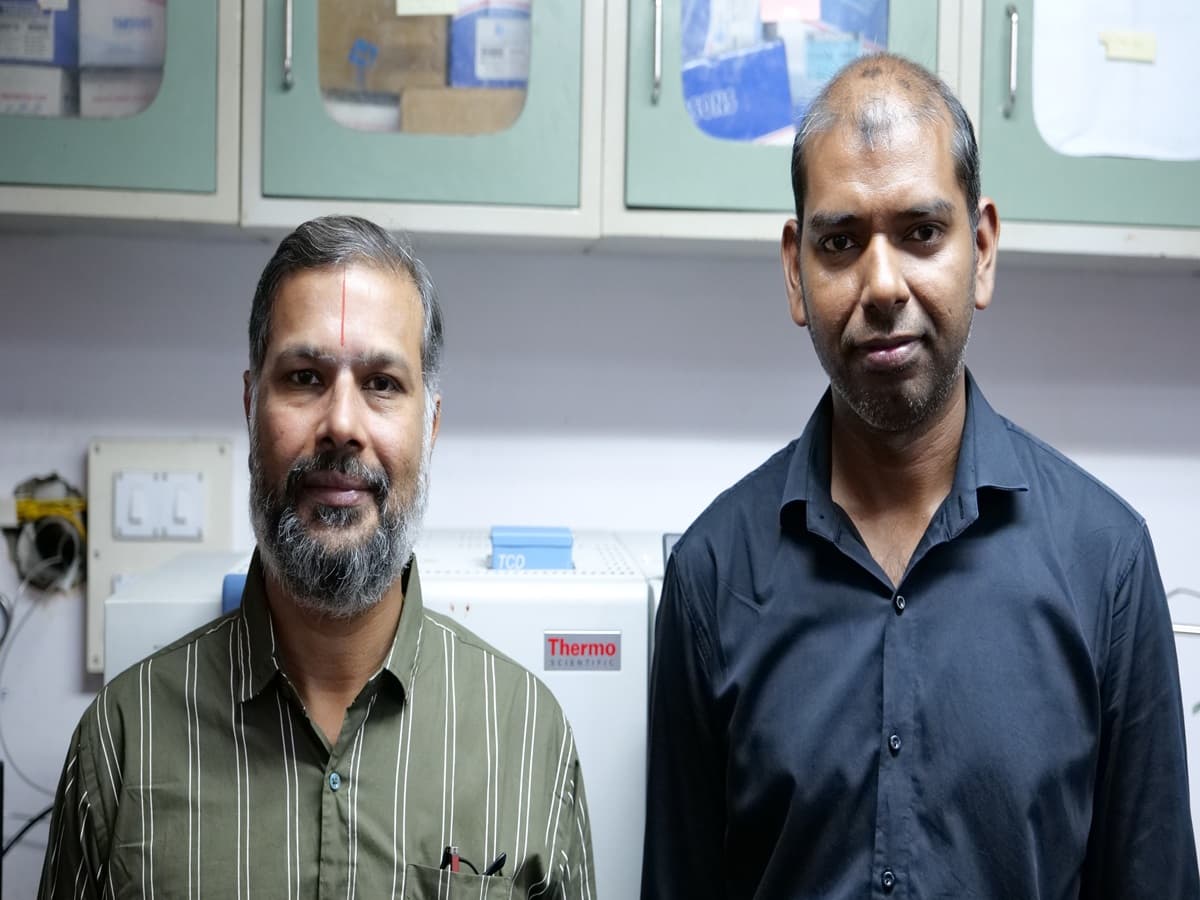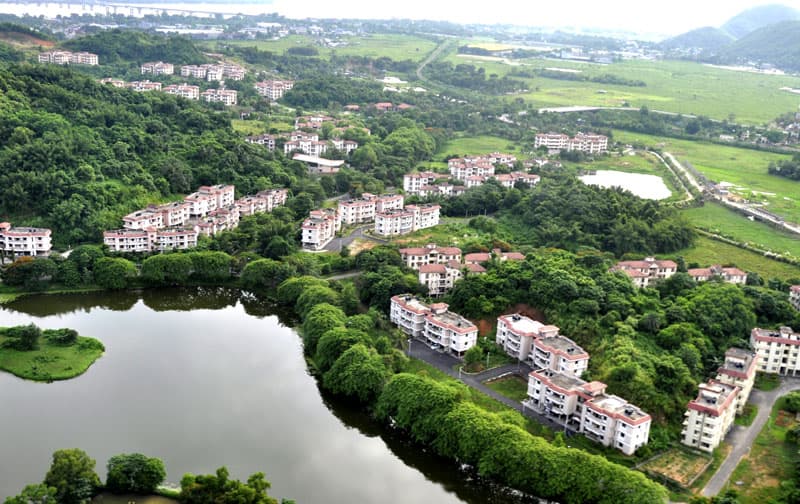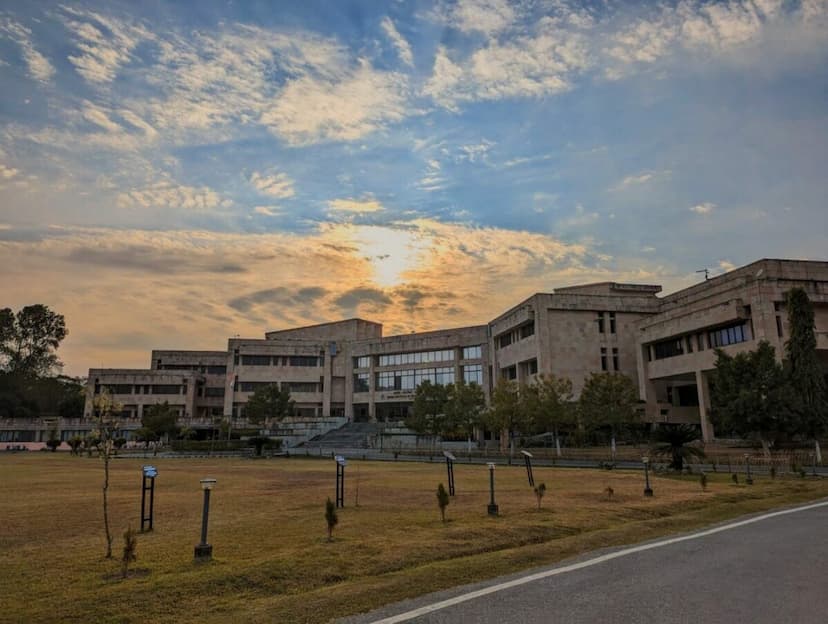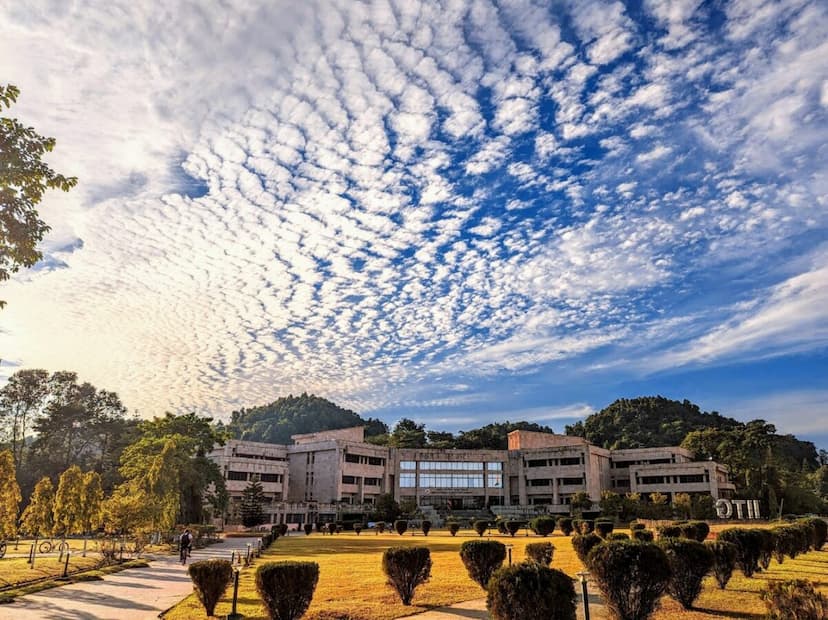IIT Guwahati researchers develop great sustainable method for Ammonium removal

IIT Guwahati research team led by Prof. Kannan Pakshirajan has developed a groundbreaking method to remove ammonium from wastewater by using a combination of microalgae and bacteria.
This approach not only offers a sustainable solution but also drastically cuts down on energy consumption compared to traditional wastewater treatment methods.


The paper was co-authored by Prof. Kannan Pakshirajan from the Department of Bioscience and Bioengineering, and Prof. G. Pugazhenthi from the Department of Chemical Engineering, alongside post-doctoral and research scholars Dr. Arun Sakthivel, Dr. Surjith Ramasamy, and Mr. Sumeet Kheria at IIT Guwahati.
Ammonium
Ammonium in wastewater, derived from sources like domestic sewage, industrial waste, agricultural runoff, and landfills, poses serious environmental risks, say sources from IIT Guwahati.
It can lead to harmful algal blooms, increased water acidity, and oxygen depletion in aquatic ecosystems. Traditional ammonium removal methods involve oxygenation, which accounts for up to 90% of a treatment plant’s energy consumption.

Design
Prof. Pakshirajan’s team designed a photo-sequencing batch reactor (PSBR), where microalgae produce oxygen during photosynthesis, which is then utilized by nitrifying bacteria to convert ammonium into nitrate.
It is followed by denitrification under anoxic condition using denitrifying bacteria to form nitrogen as the end product. This eliminates the need for external oxygen aeration, making the process significantly more energy-efficient. say sources from IIT Guwahati.


He said their system offers a sustainable solution for treating wastewater while cutting down on energy costs.
By harnessing the oxygen naturally produced by microalgae, we can make the process not only more efficient but also highly cost-effective, says Prof Kannan Pakshirajan of IIT Guwahati.
Scientific modelling
The research combines scientific modelling with real-world data to ensure high ammonium removal rates under various conditions.
The system demonstrated an energy savings of up to 91.33% in comparison to conventional aeration methods used in wastewater treatment plants, making it an eco-friendly and cost-effective alternative.

Significant step
This innovative method marks a significant step forward in sustainable wastewater treatment, offering practical applications for reducing the environmental impact of wastewater across industries.

At present, the Institute has eleven departments, nine interdisciplinary academic centres and five schools.
They are covering all the major engineering, science, healthcare, management, and humanities disciplines, offering BTech, BDes, BSc(Hons), MA, MDes, MTech, MSc, MS(R), MBA and PhD programmes.
The institute offers a residential campus to 455 faculty members and more than 8,600 students at present.
IIT Guwahati has retained the 7th position among the best engineering institutions of the country, 9th position in ‘Overall’ and 10th position in ‘Research’ Categories in the ‘India Rankings 2024’ declared by the National Institutional Ranking Framework (NIRF) of the Union Ministry of Education.
IIT Guwahati has achieved rank 87 in the SDG 9 (Industry, Innovation, and Infrastructure) globally in the Times Higher Education (THE) Impact Rankings 2024.
It is the only academic institution in India that occupied a place among the top 100 world universities – under 50 years of age – ranked by London-based Times Higher Education (THE) in 2014 and continues to maintain its superior position even today in various International Rankings.
IIT Guwahati gained rank 32 globally in the ‘Research Citations per Faculty’ category and overall 344 rank in the QS World University Rankings 2025.
Among other frontier areas of research and innovation, IIT Guwahati is working towards augmenting critical science research initiatives in Genomics, Developmental Biology, Health Care and Bioinformatics and Flexible Electronics, among numerous other areas.
S Vishnu Sharmaa now works with collegechalo.com in the news team. His work involves writing articles related to the education sector in India with a keen focus on higher education issues. Journalism has always been a passion for him. He has more than 10 years of enriching experience with various media organizations like Eenadu, Webdunia, News Today, Infodea. He also has a strong interest in writing about defence and railway related issues.






